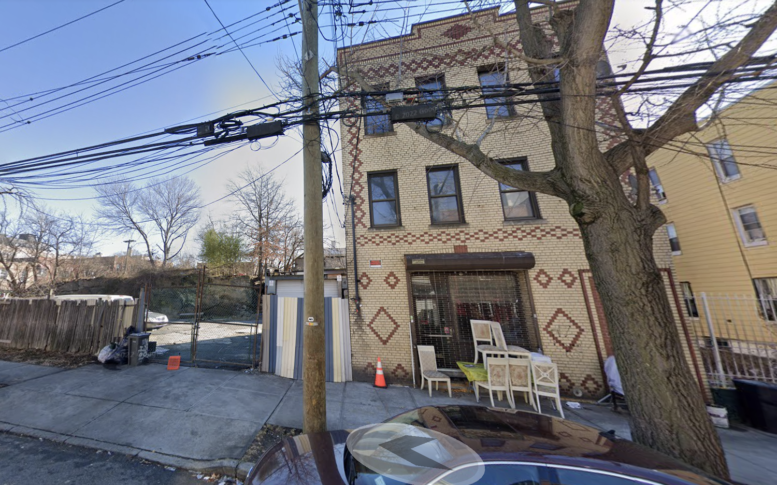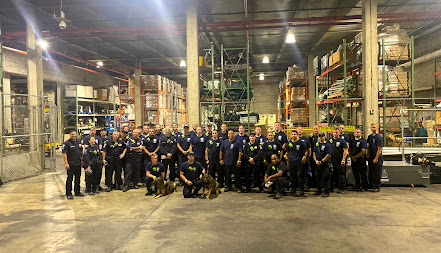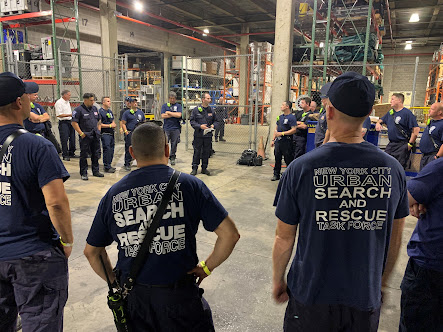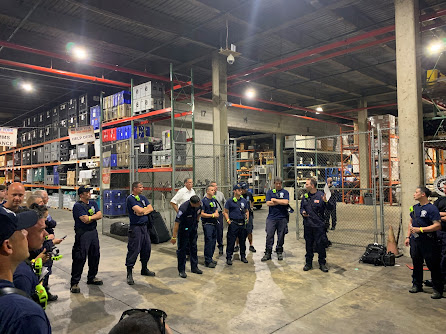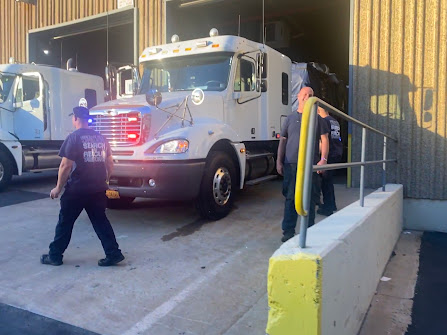At Least 41 Freelancers Will Receive More Than $275,000 in Restitution, Double Amount They Were Owed
New York City Mayor Eric Adams, New York City Corporation Counsel Sylvia O. Hinds-Radix, and New York City Department of Consumer and Worker Protection (DCWP) Commissioner Vilda Vera Mayuga today announced an agreement with L’Officiel USA, a media company, to resolve a 2021 lawsuit brought by the city over the company’s failure to pay freelancers on time, fully, or at all, in violation of New York City’s “Freelance Isn’t Free Act.” Under the agreement, L’Officiel must pay more than $275,000 — double the amount owed — to 41 freelancers who came forward to the city with complaints, make a payment to the city, and come into compliance with the Freelance Isn’t Free Act going forward. L’Officiel must also pay double damages to any other freelancer who files a claim showing they were not fully paid for services performed.
“New York City will always support workers’ rights, especially for our freelancers who often don’t have access to as many benefits as full-time employees,” said Mayor Adams. “We will not tolerate companies that fail to pay freelance workers what they’re owed. Under this agreement, we will ensure the 41 freelancers who worked for L’Officiel get the money to which they’re entitled and ensure these violations do not happen again. Let this serve as a lesson: If you try to take freelance workers for a ride, we will hold you accountable. I urge any freelancer not properly paid by L’Officiel for their work to file a claim as quickly as possible.”
“Freelancers must be paid for their labor, not only because they add to the city’s economic and cultural vibrancy — it’s the law,” said Corporation Counsel Hinds-Radix. “This settlement means that 41 individuals who came forward to file complaints against L’Officiel will get what they legally deserve. Also, other freelancers who were never paid by L’Officiel will be able to file claims to recover what they are owed. The city will continue to protect workers and hold companies accountable to the fullest extent of the law.”
“Freelancers, like all workers, deserve to be fairly compensated for their work and treated with respect,” said DCWP Commissioner Mayuga. “As our city’s workforce continues to evolve, it’s crucial that we support our gig workers and freelancers and ensure they are protected from exploitation. Thank you to the Law Department for working with us to provide hard-fought justice for these workers. Any freelancer or worker who believes their rights have been violated should contact us immediately.”
New York City’s Freelance Isn’t Free Act — the first law of its kind in the country — gives freelance workers the right to a written contract, timely payment, and freedom from retaliation. The law established a court navigation program as one avenue to assist freelancers in getting paid and accessing resources. It also authorizes the city to file cases against any person or business that shows a pattern or practice of violating the law.
Since the Freelance Isn’t Free Act went into effect in May 2017, the city has received over 40 complaints from freelancers who did work for L’Officiel, including writers, editors, photographers, videographers, graphic designers, and illustrators, about the company’s failure to pay them on time, in full, or at all, as well as failing to provide them with a written contract, and retaliating against them for exercising their rights under the law. On several occasions, L’Officiel even sent freelancers tax forms reporting income when the company had never paid them.
“Thank you to DCWP and the New York City Law Department for taking on this case and settling with L’Officiel,” said Traci Parks, a worker being compensated under settlement. “It’s been a five-year struggle to get paid by this company.”
“L’Officiel has learned the hard way that not paying their freelancers is out of fashion,” said Rafael Espinal, executive director, Freelancers Union. “The Freelancers Union applauds the mayor and DCWP for taking concrete action to ensure that no matter how powerful a brand is, and no matter where their headquarters might be based, if they hire New York City workers, they have to follow New York City laws. This is sending a huge warning sign to other employers across the city, state, and nation that freelance work deserves pay.”
“This victory will reverberate around the country. For the first time, freelancers were able to group their non-payment grievances together, and the results speak for themselves with each freelancer receiving double damages,” said Larry Goldbetter, president, National Writers Union. “This settlement will be heard loud and clear in Albany and Springfield, Illinois, where similar bills passed both state legislatures and await both governors’ signatures. It will be heard in Los Angeles, where we helped to pass a version of this law, which went into effect on July 1. Our deepest appreciation to the New York City Law Department for its patience and persistence, and to all the affected freelancers who have patiently watched as this case progressed.”
Under today’s agreement, freelancers who were not fully paid by L’Officiel for work performed between January 1, 2017, and July 11, 2023, must file a claim by February 7, 2024, to participate in this settlement, unless they were specifically named in the agreement. Freelancers named in the agreement do not need to file a claim and will receive an email with information explaining how to receive payment. New Yorkers can visit DCWP’s worker rights page or call 311 and say “freelancer” to see the “Notice to Freelancers” and for more information about how to file a claim.
Since 2017, DCWP has received nearly 2,800 complaints from freelancers alleging violations of the Freelance Isn’t Free Act and has helped recover almost $3 million in owed compensation for freelancers.
Freelance workers can visit DCWP’s worker rights page or call 311 and ask for “freelance workers” for more information about the Freelance Isn’t Free Act. Information for freelancers in multiple languages (Spanish, Bengali, Chinese, Haitian Creole, Hindi, Korean, Portuguese, Punjabi, Russian, Tagalog, and Urdu) and hiring parties, a model contract, complaint form, FAQs, and a Navigation Program Guide are available on DCWP’s worker rights page.
